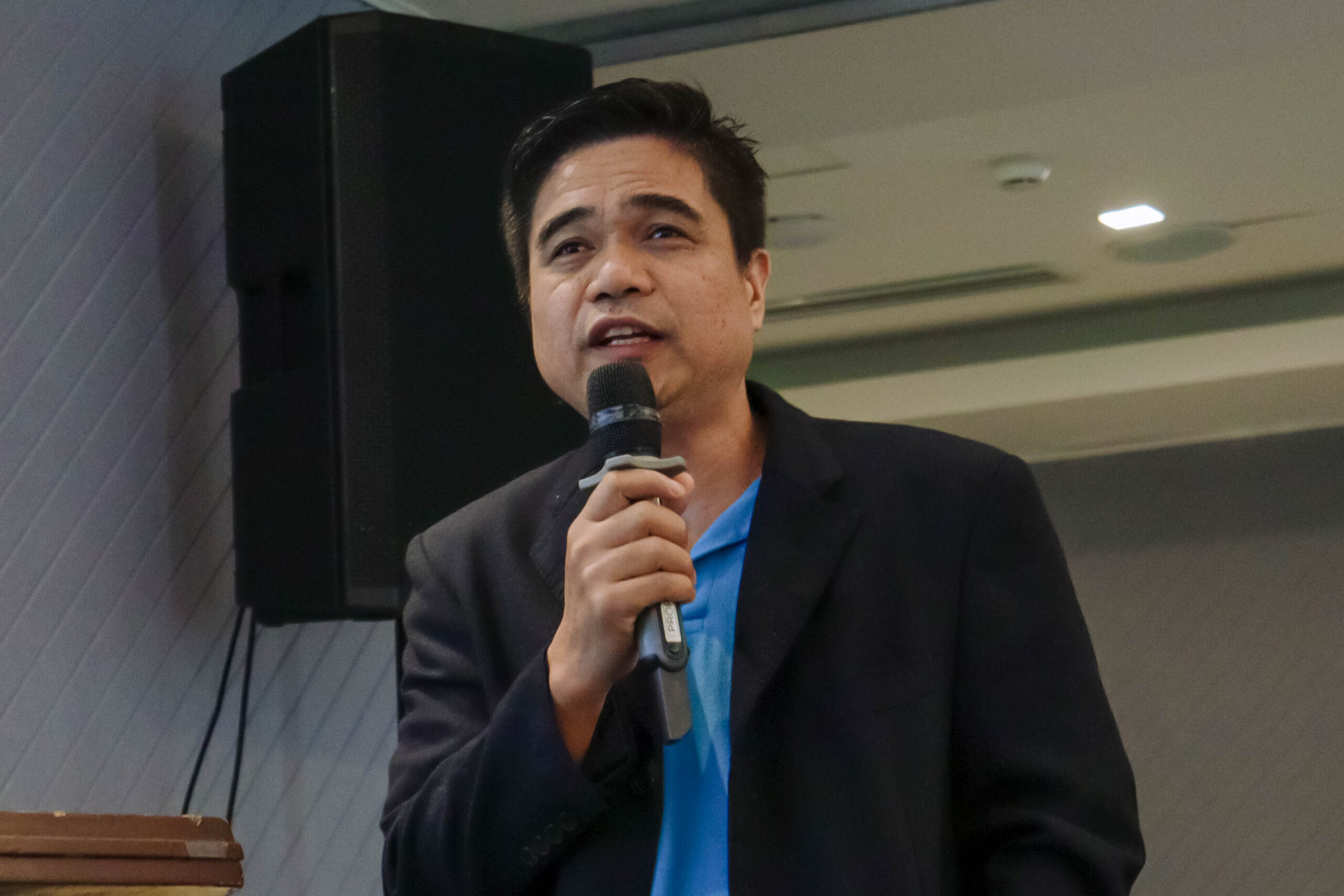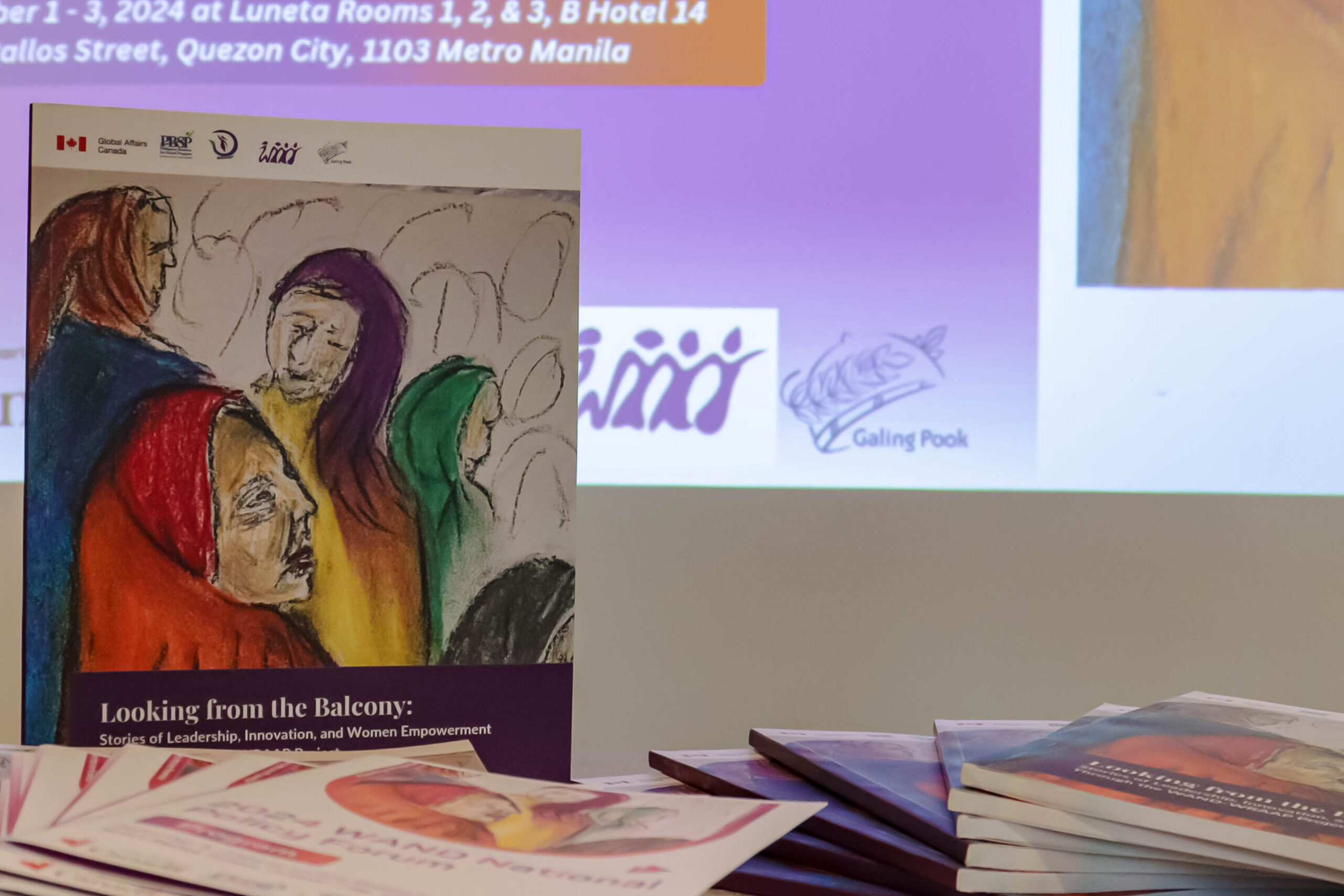The Philippine midterm elections are fast approaching and the political landscape is abuzz with alignments and realignments. Politicians are now looking at the filing of candidacy season this October 2024 evaluating which positions to seek, and gearing up for intense electoral battles. While obtaining a solid (and fat!) campaign chest is usually viewed as the cornerstone of a winning campaign, Solistrat Inc. provides ample evidence to highlight that financial resources alone are not a guarantee for victory. In many cases, politicians with abundant resources still find themselves on the losing side, primarily because their funds are not strategically deployed.
This reality underscores the critical need for political mapping and surveys as foundational elements for efficient and effective election campaign management. Solistrat Inc., a leading provider of political consulting services, has demonstrated through its extensive experience that these tools can significantly enhance a campaign’s chances of success.
The Importance of Political Mapping
Political mapping involves a comprehensive analysis of the electoral landscape, identifying key stakeholders, understanding voter demographics, and pinpointing regions where a candidate can either solidify support or make inroads. This strategic approach offers several advantages:
- Targeted Resource Allocation: By understanding the electoral map, campaigns can allocate their resources more effectively. Instead of spreading funds thinly across all regions, candidates can focus on areas with the highest potential for gaining votes, maximizing the impact of their spending.
- Voter Segmentation: Political mapping helps in segmenting the electorate into distinct groups based on various factors such as age, socio-economic status, and political leanings. This allows for tailored messaging that resonates with specific voter blocs, increasing the likelihood of winning their support.
- Competitor Analysis: Understanding the strengths and weaknesses of opponents is crucial. Political mapping provides insights into competitors’ strongholds and vulnerabilities, enabling campaigns to devise strategies that exploit these weaknesses while defending against their strengths.



